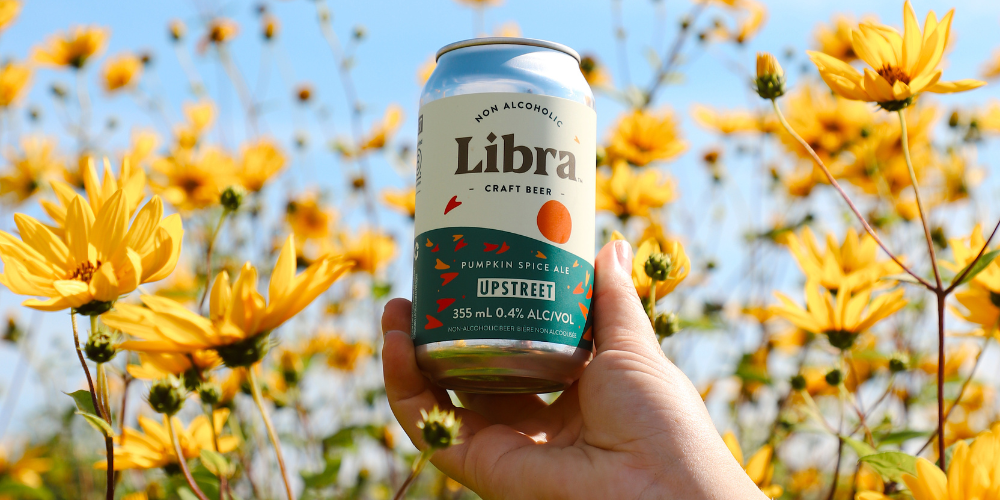Past Issue
Fall
2024
Past Issue
Fall
2024
Sage60 gives Sage readers fresh content four times a year, and it releases six weeks after each print edition. In this edition, we examine the trend of low- and no-alcohol beverages, on which many craft breweries are jumping. We also look at lifelong learning and interview retirees about how they keep their brains active. In tandem with that, we explore what puzzles, games and activities our members enjoy as a way to keep the cognitive synapses firing. And finally, we interview a cataract surgeon and researcher who conducted a study on how Ontario’s move to private clinics for cataract surgery has affected care. He found that low-income Ontarians are being left behind. Given that many provinces have the same policy as Ontario, it’s likely happening elsewhere, too.




